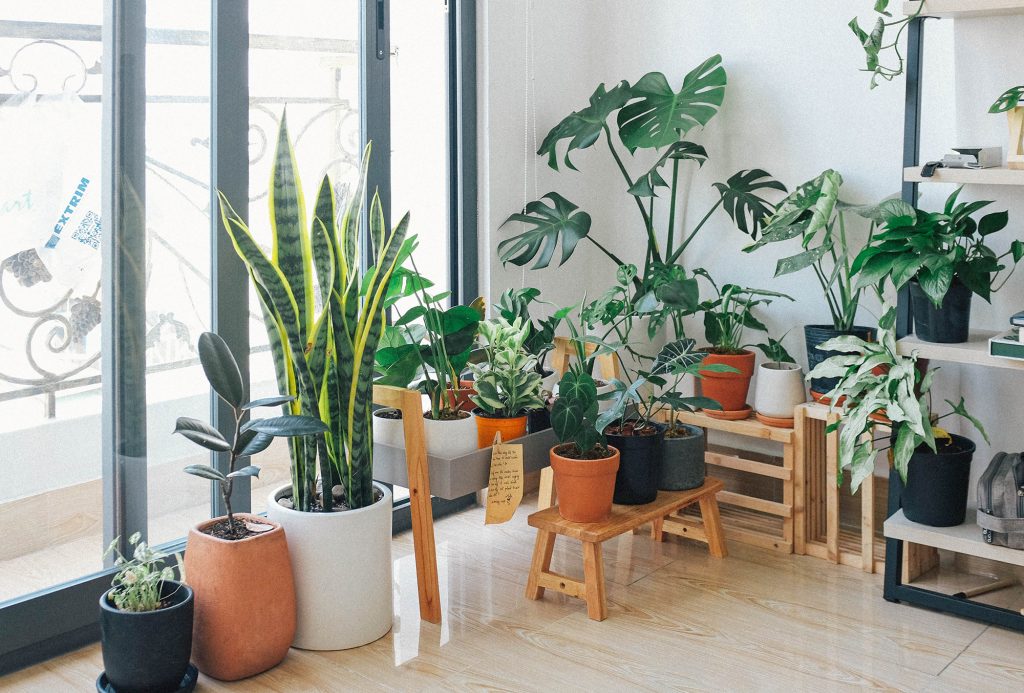Call Us: 647-372-2198
How to Improve Indoor Air Quality

Optimizing indoor air quality has increasingly become a topic of discussion in recent years and now that we are all spending more time inside, taking steps to improve the quality of what you are breathing could help support better health.
Being indoors does not necessarily make us safe from what would be deemed “air pollution” – our homes could contain both biological (mould, dust, pollen and pet dander) and chemical pollutants (particulate matter, nitrogen dioxide, by-products of cooking, as well as volatile organic compounds (VOCs) found in cleaning and personal care products). These pollutants are constantly circulating in the air. According to the American Environmental Protection Agency, it is estimated that in some homes, indoor air quality can actually be 10 times worse than it is outdoors.
One way to improve indoor air quality in our homes is to be more conscious about the materials and products we buy. A website I would recommend checking out that offers tips on cleaning your air is www.greenathome.ca. Here, you can find practical advice on how to create a greener, and therefore healthier, living space simply through modifying common household items.
Another even easier fix, which provides multiple health benefits outside of air quality, is indoor house plants. According to a NASA study looking at plants that best clean the air, top picks include:
- Snake plants
- Spider plants
- Boston ferns
- Peace lilies
Ideally, it would be best to keep these plants in an area you spend most of your time, such as the living room and bedroom.
Some other tips on maintaining good indoor air quality:
- Reduce or eliminate use of perfumes and scented products
- Avoid smoking or burning anything indoors
- Regulate humidity to prevent mould from growing
- Use a vacuum with a HEPA filter, regularly
- Keep windows open during activities that emit toxins/chemicals, such as painting
Making an effort to improve indoor air quality can improve your lung health and ultimately, reduce your exposure to pollutants. Importantly, remember to spend time outside, in nature, taking deep, cleansing breaths, whenever you can.
Author: Nadine Kexel, CCNM Integrative Cancer Centre Intern


